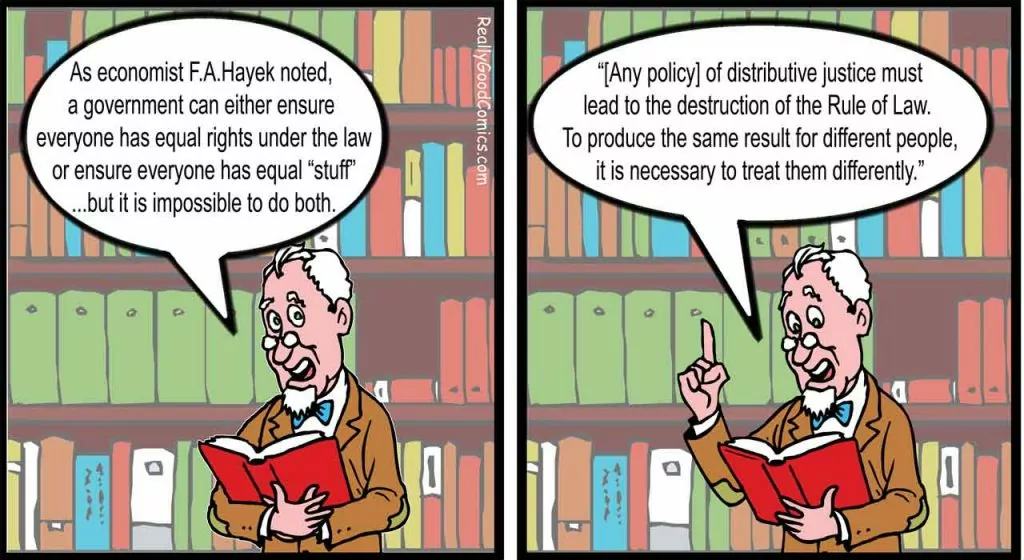History shows that the West became literate without governmental help
*****
I once heard a lady say, “If it wasn’t for the government, none of us would be able to read or write.” She was referring to the fact that the vast majority of children in Canada (approximately 94%) attend public schools. In that lady’s view, if the government had not provided schools, most people would be illiterate.
This is probably a fairly common assumption. How would it be possible to have a literate society without government schools?
Long ago literacy rates were very low. At the end of the Middle Ages, for example, probably less than 10% of European men were literate, and an even smaller percentage of women. Today literacy is close to universal in all Western societies. So this change from mass illiteracy to mass literacy must have been the result of government schooling, right?
Actually, no.
Free, compulsory, and universal schooling
People today think governmental schools are needed because that’s what they see. Compulsory attendance laws require children to attend school, and the vast majority of these schools are owned, operated, and staffed by the government. Education is largely a governmental quasi-monopoly. And they do not charge any fees to attend, which means schooling is free, compulsory, and universal.
In addition, there are a couple of common arguments given for why the government should dominate the field of education.
For one, many people are too poor to afford to pay for education. Therefore without schools provided through taxation, their children would not get any education.
It is also believed by many that making schooling compulsory is necessary because parents need to be coerced by the government to send their children to school. The government wants all children to receive an appropriate education, but some parents don’t. The assumption is that the government cares more about the educational welfare of children than parents.
Edwin G. West
The most compelling academic challenge to these arguments has been provided by Edwin G. West (1922-2001), formerly an economics professor at Carleton University in Ottawa. As James Tooley explains in his book E. G. West: Economic Liberalism and the Role of Government in Education, West did not believe there was a need for either compulsory attendance laws or public schools.
The historical evidence
Most of West’s original research dealt with nineteenth century England. What he found was that schooling was available on a large scale, even for most children from the poorest families. This is significant because the government did not have any role in education before 1833, when it began providing limited funding for a small number of private schools. Before this private schools had essentially educated the vast majority of English children.
Interestingly, as West points out, earlier in the nineteenth century (before 1833) the British government was concerned that too many children of lower class families were learning to read! It was afraid that they would read anti-government literature, and therefore took steps to prevent lower class children from becoming literate. As Tooley relates, the
“…government used both legal and fiscal actions against newspaper circulation in order to control the reading habits of the masses, including advertising duties, stamp taxes and excise taxes.”
It is important to take note of this fact: the government was trying to interfere with the spread of literacy that was occurring through exclusively private sector initiative. Left on their own, parents from poor families were eagerly obtaining basic education for their children, even in the face of government opposition. Contrary to supporters of compulsory schooling laws, parents want their children to get the best education possible! They don’t need the government to force them to provide education for their children.
Widespread working class literacy
West provides all kinds of statistical data from various parts of England to demonstrate the widespread learning that was occurring without government involvement. For example, the evidence suggests that at least two-thirds of the working class was literate by 1840, with that proportion increasing to about 90 percent by the mid-1860s. Keep in mind that this is the segment of the population believed to have least access to education due to financial hardships. The upper and middle classes had even greater educational opportunities.
The figure from the mid-1860s is particularly significant because Britain did not begin creating public schools until 1870. The private education sector in England grew dramatically during the 1800s leading to almost universal literacy before a single public school was established. There were subsidies to some private schools after 1833, but most educational funding came from parents and other private sources.
The original purpose of creating public schools from 1870 onwards was to fill the small holes that some people believed existed in the private sector. However, once “free” government schooling was available, it began to displace private schooling. Increasing numbers of students opted for “free” education, and many private schools therefore shut down. This process of replacing private education with public education was encouraged by government education bureaucrats and teachers’ associations. Over time, the government schools became dominant.
First literacy, then government schools
Literacy was virtually universal in England before the government schools came along and displaced the private schools, and West has data from New York State and New South Wales that show a very similar pattern.
This historical record leads Tooley to an important conclusion about public education:
“What West’s analysis suggests is that in order to promote universal literacy and schooling more generally, the kind of state education with which we are familiar—namely, state-provided, state-funded and regulated schooling—is not required.”
Some targeted funding to help children of the poorest families may be justifiable, but government provision of education is unnecessary.
The original edition of West’s most well-known book, Education and the State, was published in 1965 and led to a firestorm because it challenged widespread beliefs about government’s role in education. A third and expanded edition of the book is currently kept in print by the Liberty Fund in Indianapolis. Despite the availability of his work, many people are unaware of it. But Tooley notes that West’s evidence is unassailable:
“To scholars who are willing to go back to the original sources, rather than rely on secondhand historical summaries, there appears to be little real dispute about the ways in which private sources—the churches and philanthropists, and small-scale proprietors—largely independent of any government assistance, were able to bring about literacy and provide schooling for the vast majority, including the poor.”
Conclusion
Contrary to what the lady at the start of this article might believe, government intervention was not a key factor in the spread of literacy in the West. The assumption made by most that the government must provide schools and compel children to attend in order for basic skills to be acquired is nonsense. Parents want their children to get the best education possible and are willing to make big sacrifices to achieve that goal. That is what the historical evidence shows, as demonstrated by E. G. West.
Parents are much more concerned about the education of their children than any politician or bureaucrat ever will be. In the absence of government schooling, the vast majority of children would still receive an education.












